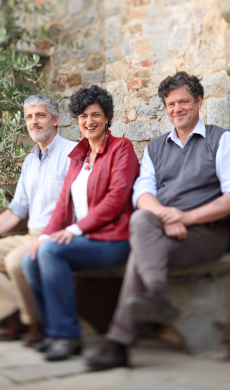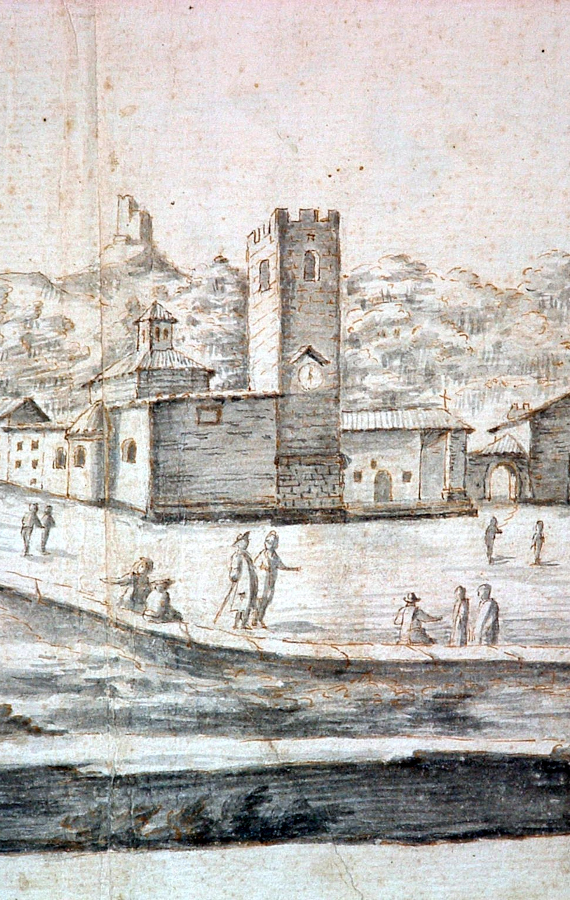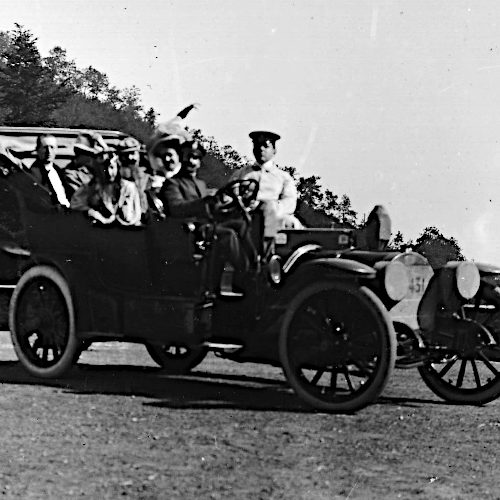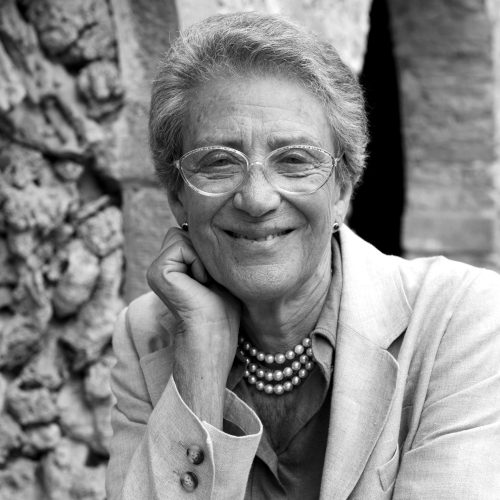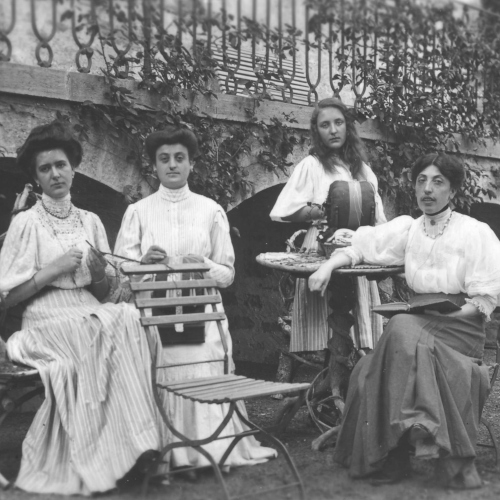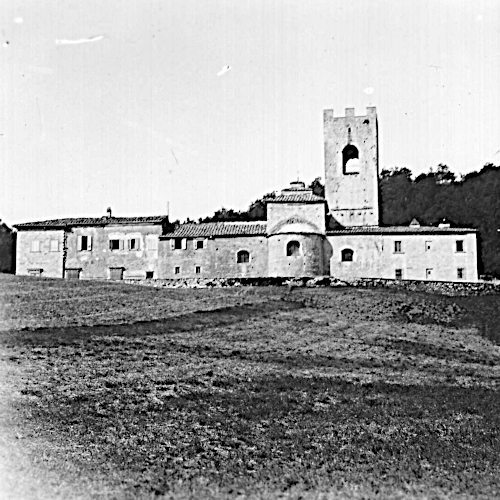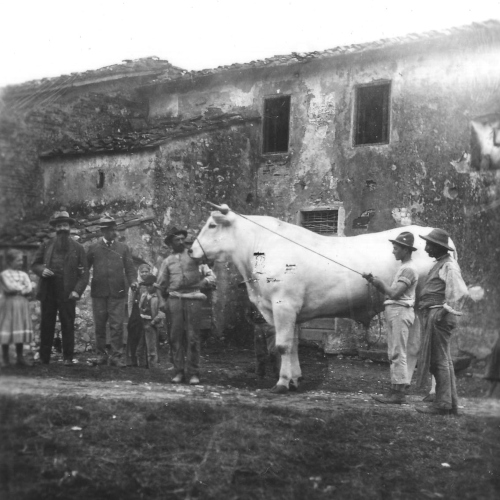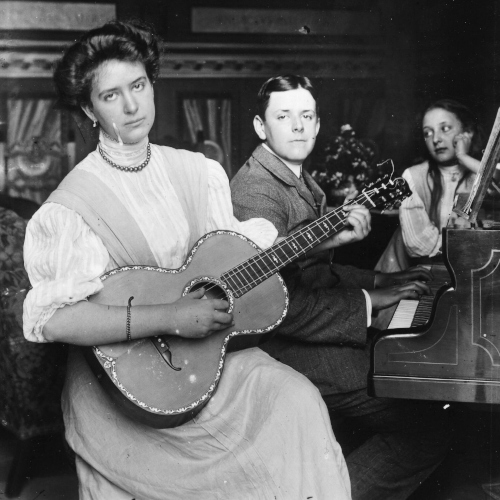Family passion
III sec. a.C.
In the village of Cetamura del Chianti, near Badia a Coltibuono, the Etruscans practiced viticulture, as attested by the archaeological discoveries made during the fifty-year excavation campaigns of Florida State University, under the guidance of Professor Nancy De Grummond.
The village, surrounded by walls, was still inhabited at the time of the foundation of the monastery.
1051
The Vallombrosan monks founded the “Cultus Boni” monastery in the place where a small early medieval church existed.
1473
Letter from Baccio Ugolini to Lorenzo the Magnificent where among other things it is said that the “vermillion is better here (in Badia a Coltibuono, ed.)”
1810
With the edicts issued by Napoleon Bonaparte, the abbey was abolished, its assets confiscated, and the monks expelled. The report/inventory of the officials in charge attests to the presence in the cellars of Badia a Coltibuono of 40 barrels of wine, 14 of which are full (equal to 408 barrels of wine).
1846
The Giuntini, Florentine bankers, ancestors of the current owners, purchased the former abbey and its related possessions. First interventions to strengthen the Albereto and CampoCorto olive groves
1904
“The very renowned Chianti wine is made in considerable quantities and is sold with a reputation even abroad and even in America”
Giuseppe Giuntini
1958
First label of the Badia a Coltibuono Chianti Classico Riserva
1962
Piero Stucchi Prinetti created the first extra virgin olive oil label and opened the restaurant in the ancient stables of the abbey.
1983
Lorenza de’ Medici, well-known food writer and wife of Piero Stucchi Prinetti, started one of the first cooking schools in Tuscany.
2000
With the conversion of all the vineyards the conversion to organic farming has been completed.
2010
The estate starts following the “Delinat” guidelines, leading to this certification, the most advanced in Europe, that requires standards of biodiversity, social responsibility as well as a path toward carbon neutrality.
2023
A photovoltaic shed is completed. This will produce enough energy for the Monti winery.
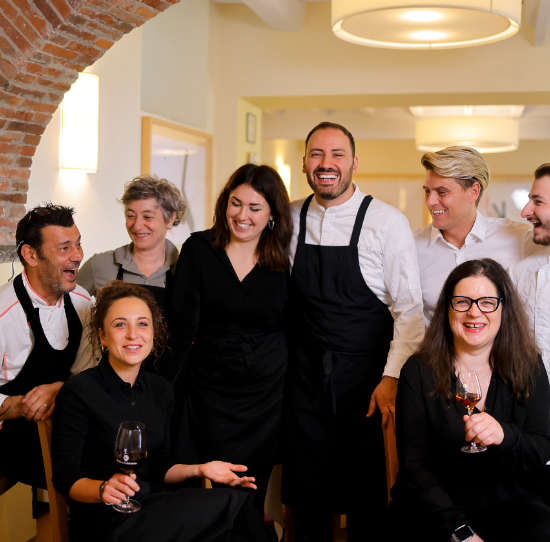
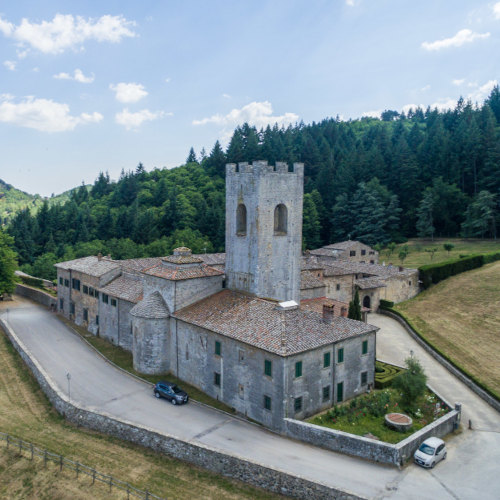
Our team
Since its inception, Badia a Coltibuono has been a center devoted to meditation, hospitality and the production of wine and oil. Traditions still carried on today by the Stucchi Prinetti family and their collaborators.

